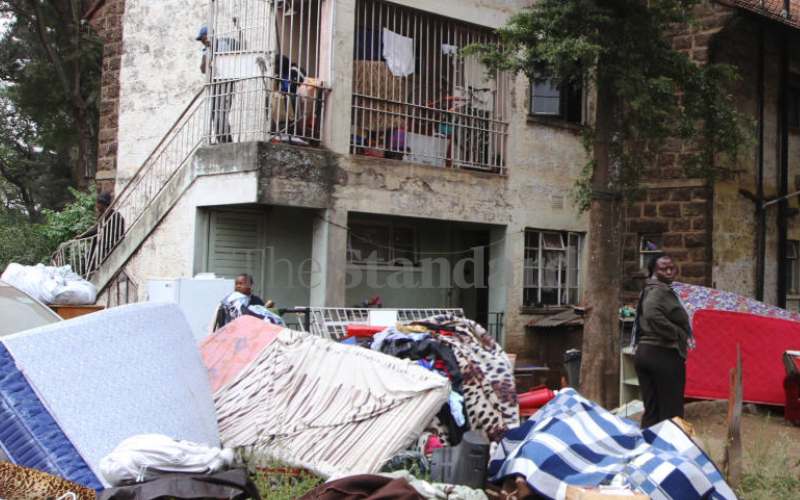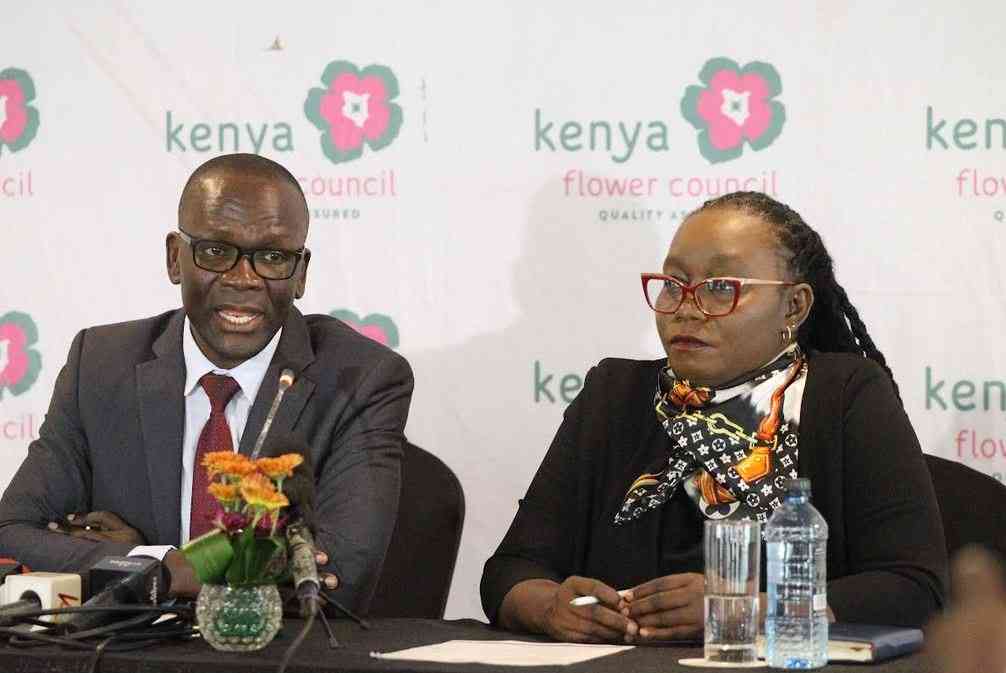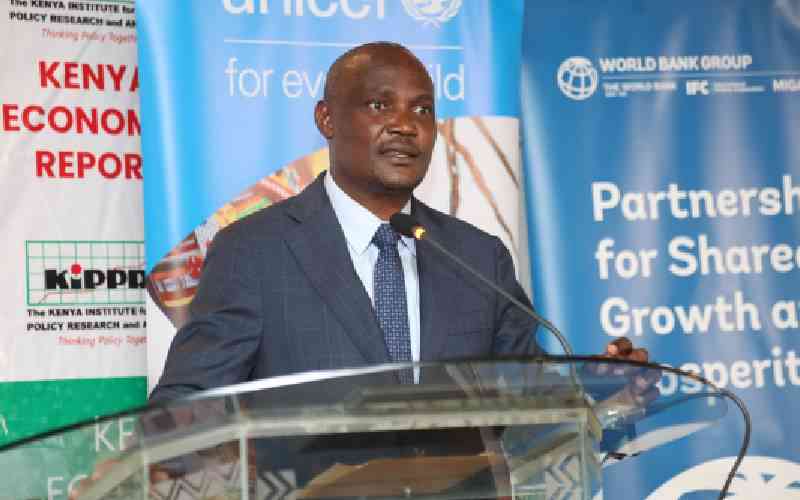×
The Standard e-Paper
Read Offline Anywhere

It’s one of the most popular questions among Kenyans: unakaa wapi? (Where do you live?)
It’s a strange question because your answer will rarely lead to an invitation for lunch or dinner. It’s disguised to find out your social-economic class.








